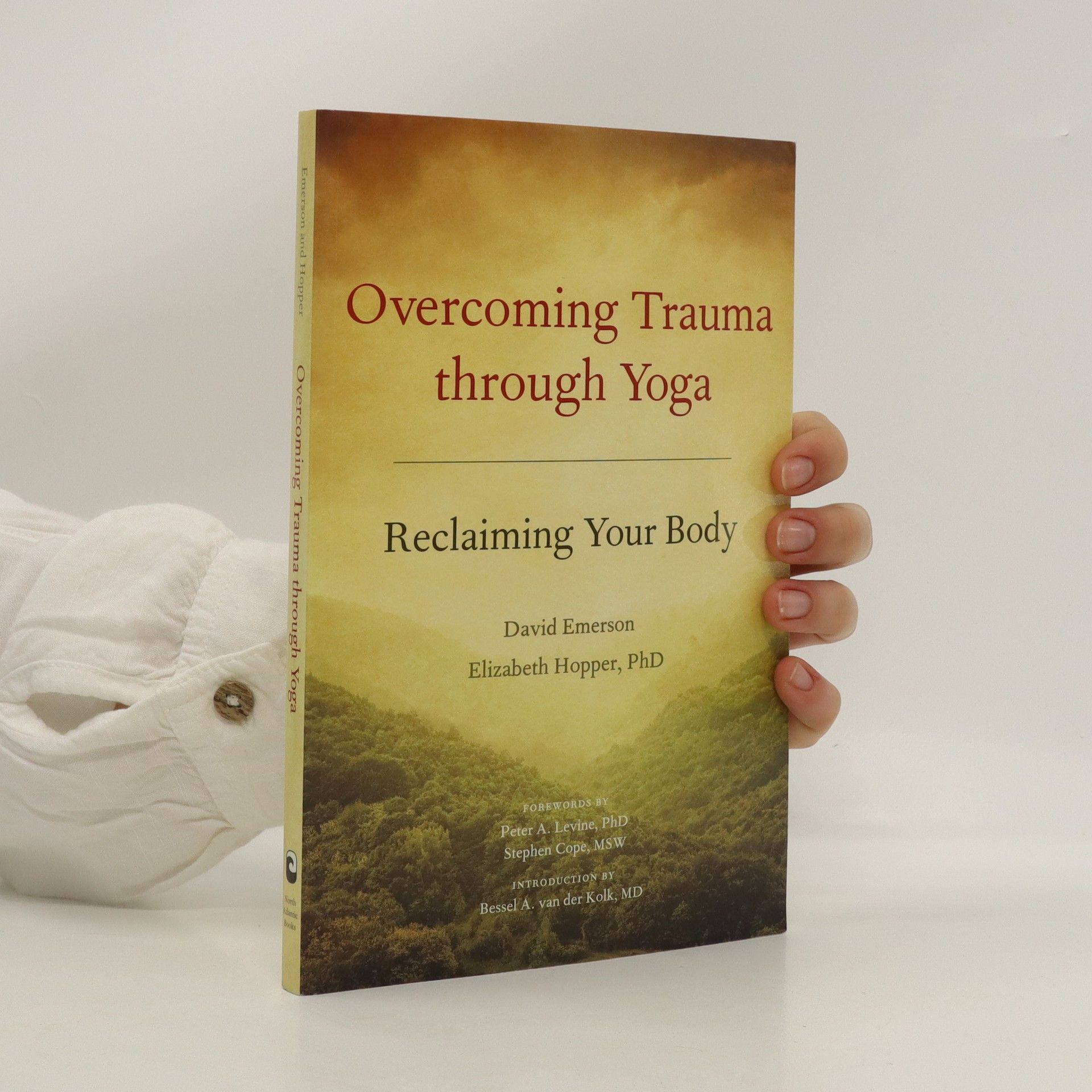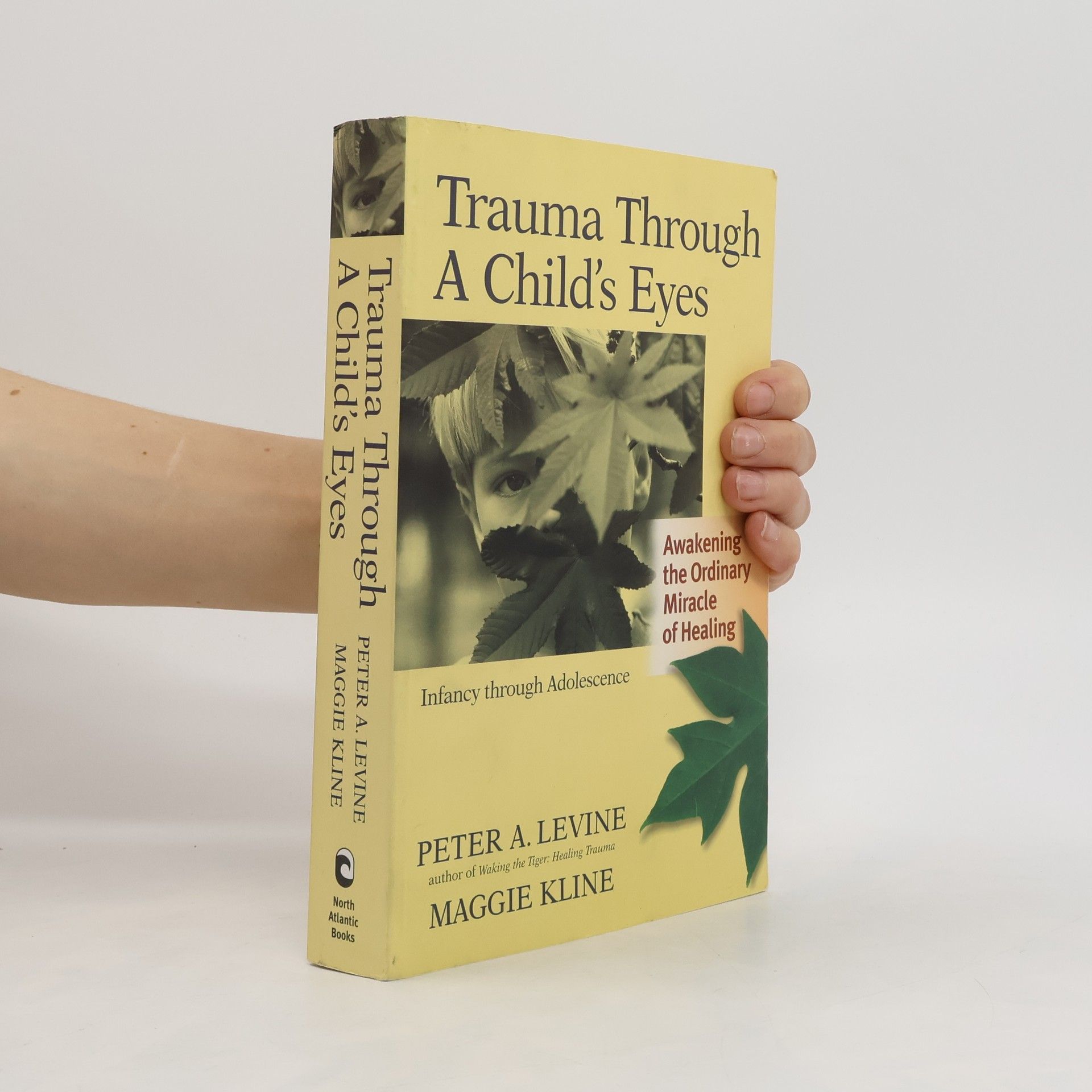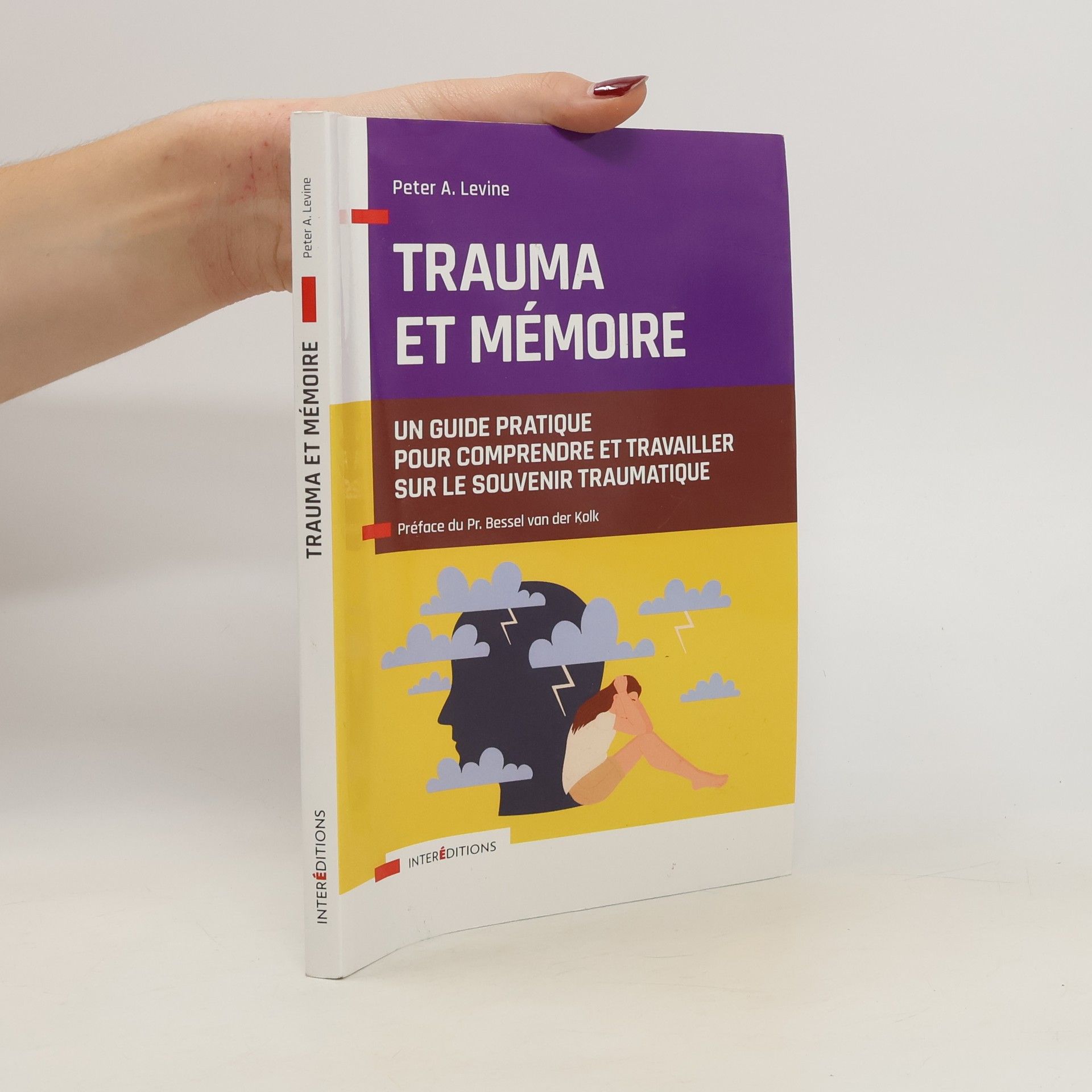Trauma Through A Childs Eyes
- 480 pages
- 17 hours of reading
What parents, educators, and health professionals can do to recognize, prevent, and heal childhood trauma, from infancy through adolescence—by the author of Waking the TigerTrauma can result not only from catastrophic events such as abuse, violence, or loss of loved ones, but from natural disasters and everyday incidents like auto accidents, medical procedures, divorce, or even falling off a bicycle. At the core of this book is the understanding of how trauma is imprinted on the body, brain, and spirit—often resulting in anxiety, nightmares, depression, physical illnesses, addictions, hyperactivity, and aggression.Rich with case studies and hands-on activities, Trauma Through a Child’s Eyes gives insight into children’s innate ability to rebound with the appropriate support, and provides their caregivers with tools to overcome and prevent trauma.“ Trauma Through A Child’s Eyes . . . creates its own mold in a way that everyone concerned with the health and happiness of children will be grateful for.” —Gabor Maté, MD, author of Hold On to Your Kids







